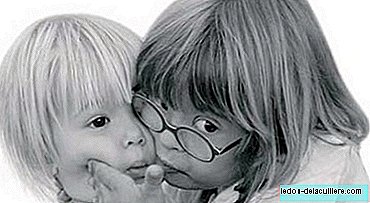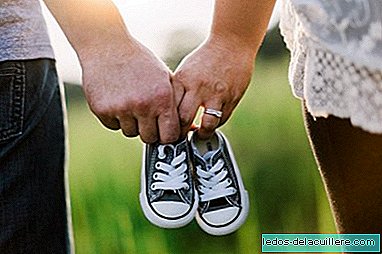
A few days ago Lola brought hopeful news, which gave an account of how more babies are born with Down syndrome in the United Kingdom. It was news with a lot of echo, both in the British and Spanish press, although now I read that the data is not as optimistic as it seemed.
On the same day that this information was affirmed there was a "rectification" or explanation from the website of the British National Health Service that, however, had no impact, but that I wanted to bring here.
Summarizing the information, we had that after the widespread introduction of early detection tests, in 1989, the number of children born in the United Kingdom with Down syndrome was falling until 2000, but since then it has increased again by 15% and in 2006, for the first time, they were born more than in 1989. The data is true, but not the explanation that was supposed.
More parents would be deciding to move forward with the pregnancy of a fetus with Down syndrome. How does this match the data that today, 92% of women who are diagnosed with Down syndrome decide to terminate pregnancy?
Those figures confirm that the proportion has not changed since 1989, according to a report from the National Registry "Down Syndrome Cytogenetic": only one in 10 women decides to continue with the pregnancy.
The reason for this confusion of figures is that, as we know, Down syndrome is associated with mother's age. And in recent years in the United Kingdom, as in Spain, the proportion of total pregnancies in relatively elderly women has risen greatly, with the consequent increase in the proportion of total pregnancies that test positive.
So the reality is that the increase in children born with Down syndrome, at the moment, seems to have nothing to do with the change of attitude of the parents, nor of society, but the increased pregnancies in advanced ages.












